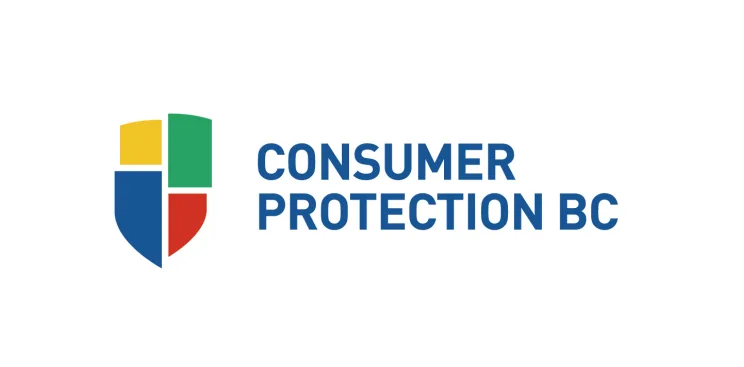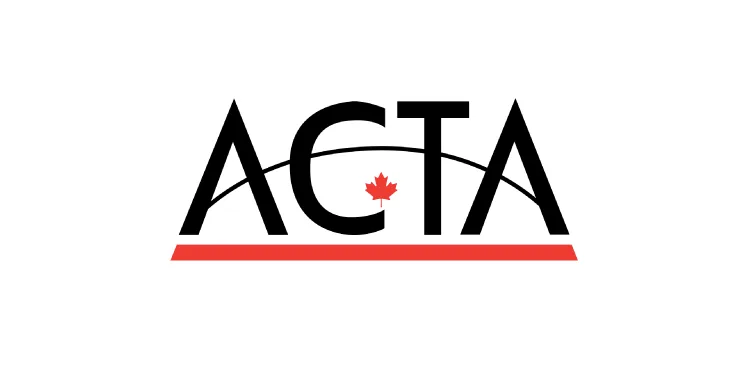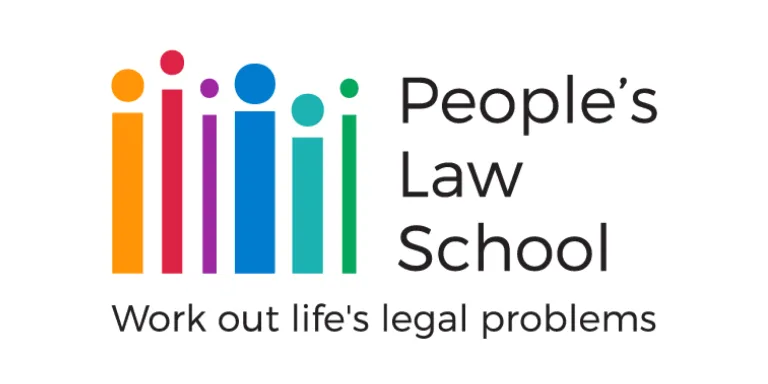Booking a holiday

With countless online booking engines, “great deals,” and splashy brochures, booking a trip can be fun — and tricky. There are key things to know, and ways to avoid problems.
What you should know
Travel agents, scams and flight pricing are issues you should know about when booking a trip.
Google, Expedia, Hotwire — sites like these have made it easy to book trips in seconds. But you’re more protected if you book with a licensed travel agent. You can use the Consumer Protection BC Licence Search to check that a travel agent is licensed. Visit their website to check a licence.
If you book through an agent, and the services don’t come through (think: the airline went out of business), you may be eligible for a refund. The Travel Assurance Fund covers up to $5,000 per person. But only in certain cases.
The fund covers you for services you booked that weren’t delivered. It doesn’t cover you for bad weather that delayed your flight, or if you’re just unhappy with how your trip went. You can read up on what’s covered and how to make a claim on the Travel Assurance Fund website. See the Consumer Protection BC website.
A random phone call or email promising you a free tropical vacation is likely a scam.
You’ll often be asked to call a toll-free number to book. Now it stops being free. You’ll have to either pay a large deposit or “upgrade” fee, or buy a membership in a travel club.
You’ll be pressured to book immediately or risk missing out. They’ll ask for your credit card information. Don’t give it to them. There’s always time to do a quick web search or ask a friend for advice before you commit!
Airlines are required to show you, in their ads, the full price of your ticket. They have to spell out all taxes, fees, and surcharges, along with the bottom-line total.
They also have to tell you about any blackout dates or other limits to travel. The total price has to be the first price they show you.
But, there are times where these rules don’t apply.
These rules only apply to travel starting in Canada. And they don’t apply for bundled tours, like when you book a flight, hotel, and car at the same time.
Take action
There are steps you can take to avoid problems when booking a holiday.
Step 1. Be careful if someone offers you a “free” holiday
Step 2. Watch out for fake travel websites
Step 3. Know who you’re booking with
Step 4. Read the fine print (even if it’s long and very small!)
Step 5. Purchase travel insurance
Step 1. Be careful if someone offers you a “free” holiday
If a random phone call or email comes in offering a “free” cruise, ask for the caller's name and phone number. If they won't provide one, that’s a major red flag.
Take time to consider the offer. Ask for everything in writing. Google their name together with the word “reviews” or “scams.”
If it seems too good to be true, it probably is!
Step 2. Watch out for fake travel websites
It’s easy for a scammer to make a nice-looking travel website, or, worse yet, a copy of a legitimate website you’ve seen before.
Make sure a website is “secure” — look for the lock symbol and a prefix of “https” (not just “http”) in the web address when you’re asked to provide credit card information.
If the only option for payment is a bank transfer, that’s another red flag.
Step 3. Know who you're booking with
Confirm who you’re paying. Online travel sites may redirect you at the last minute to a third-party that collects your credit card information. Google that company to see if they’re legit.
If you’re booking with a travel agent, make sure they’re licensed. If the agent is from outside of BC, make sure they’re licensed and check what protections you’ll have.
Step 4. Read the fine print
The fine print isn’t just for lawyers! Take the time to review the terms and conditions of your travel services.
When are you entitled to a refund? Can you make changes? What charges aren’t included? These are things you should know before purchasing a flight or vacation package.
Step 5. Purchase travel insurance
Travel insurance can protect against unforeseen events or medical emergencies. Insurers typically won’t let you cancel your trip without a valid medical reason.
When buying a policy, review the terms. If there’s anything that wouldn’t be covered (like a pre-existing medical condition). As a rule, it’s best to buy travel insurance from a third party and not from your tour provider.
Outside the province, BC’s MSP does not cover you for everything. If you want to be extra safe, consider additional out-of-province insurance. Visit the MSP website for more.
If you book travel on your credit card, the card may have its own insurance policy. Call the credit card company to see what protections they offer for medical events, lost baggage, or other issues.
Who can help
There are options for help if you have an issue booking a holiday.

Consumer Protection BC
Licenses travel agents in BC and handles complaints about travel agents.

Association of Canadian Travel Agencies
Provides informal mediation to help resolve a dispute with a member travel agent.
If your situation gets extra challenging, consider seeking legal advice.

BC Legal Referral Service
Helps you connect with a lawyer, notary or paralegal for a free 15- to 30-minute consult to see if you want to hire them.

Access Pro Bono's Legal Advice Clinics
Volunteer lawyers provide 30 minutes of free legal advice to people with low or modest income.
This information from People’s Law School explains in a general way the law that applies in British Columbia, Canada. The information is not intended as legal advice. See our disclaimer.

